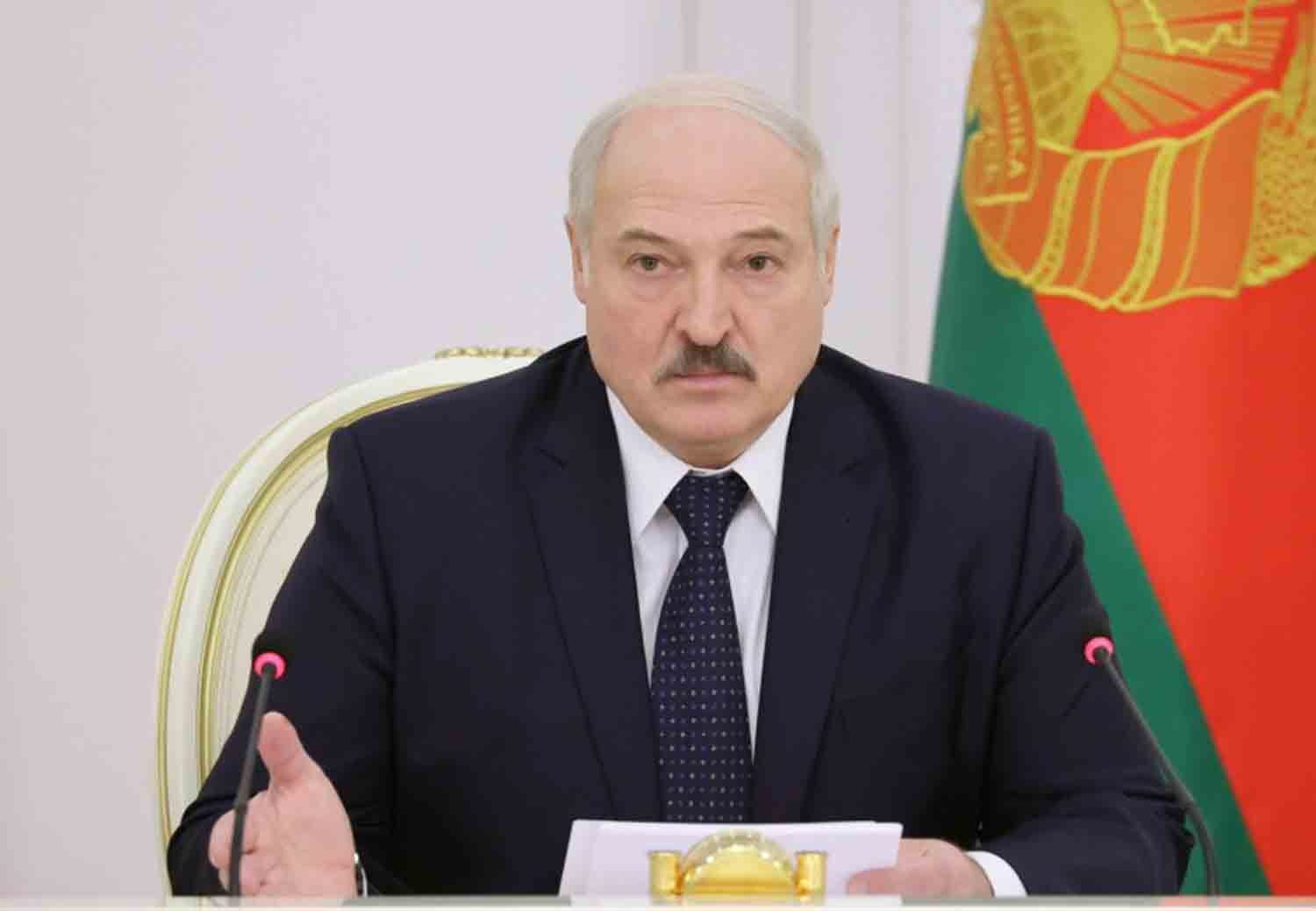Taiwanese company Mizo Games has introduced a new board game that immerses players in the roles of military leaders, covert agents, and civilian resistance members as they confront a fictional invasion of Taiwan by China.
Titled “2045,” the game is set to launch in Taiwan this month, with an English version scheduled for release in Europe and the United States later in January.
In August 2024, Mizo Games successfully conducted a crowdfunding campaign, raising over 4 million New Taiwan dollars (approximately $121,707 USD) in just two and a half months.
In a December interview with Reuters, Mizo Games founder Chang Shao Lian expressed his vision for the game: “I want players to feel a desire to win and to contemplate their strategies for achieving victory.”
The game’s release coincides with escalating tensions between China and Taiwan, characterized by increased military maneuvers near the island and a growing initiative among civil defense organizations to prepare for any possible invasion.
What is the gameplay like, and could it serve as a tool for war preparedness?
What does 2045 entail?
The board game portrays a hypothetical Chinese invasion of Taiwan set two decades in the future, with players assuming various roles during the ten days leading up to the assault.
Instead of concentrating exclusively on Taiwan’s defense, players are assessed based on how well they accomplish their character’s unique objectives.
“There are two forms of victory: personal triumph and the triumph of Taiwan. These two results create a significant conflict of values for the players. I want players to engage with the game not merely to learn but to actively participate in and strive to win this tabletop war,” Shao Lian explained to Reuters.
In “2045,” players can engage in various facets of contemporary warfare, such as cyber operations, economic crises, and civil unrest.
The development of “2045” has faced multiple obstacles, particularly issues related to censorship and production constraints.
Due to its sensitive subject matter, the game cannot be produced in China, marking a shift from the typical manufacturing practices of Taiwanese board game developers.
Has Mizo Games created other games centered around warfare themes?
Indeed, Mizo released its inaugural warfare-themed game, “Raid on Taihoku,” in 2017. Set in Taiwan during World War II, players must navigate the challenges of surviving a city under bombardment. The game draws inspiration from the US air raid on Kaohsiung (formerly known as Takao) in November 1944.
What factors are contributing to the rising popularity of military-themed games?
According to Paul Booth, a professor of media and pop culture at DePaul University in Chicago and author of “Board Games as Media,” games that explore social and political themes have a long history. In an interview with Al Jazeera, he noted, “A game like 2045 is significant because it enables us to envision and engage with potential future scenarios. Similar to a television show or film, it allows players to become emotionally invested and feel a sense of involvement.”
Booth emphasized that the strength of such games lies in their ability to foster a sense of connection among players, making them feel participatory in an alternate historical narrative.
He pointed out that the trend of “gamifying” critical social issues has been prevalent for many years. Board games that incorporate social commentary date back over a century. For instance, “The Landlord’s Game,” created by Elizabeth Magie in 1902, was designed to illustrate the detrimental effects of land monopolization and seizure.
In 1935, Charles Darrow and Parker Brothers adapted and commercialized the game, altering its rules and themes to focus on competition and wealth accumulation, which led to the creation of Monopoly.
War remains a pivotal subject that has inspired the creation of games aimed at both military training and civilian engagement.
“War has been a crucial theme for centuries. Historical war games involved generals deploying troops on large tables to strategize military maneuvers. This format has laid the groundwork for many contemporary board games,” Booth noted.
“The culture of war gaming continues to thrive, evident in popular titles like Warhammer, which debuted in 1983, as well as various miniature tabletop games.”
Moreover, it is not solely board games that are captivating the interest of Taiwanese media companies regarding the concept of a potential Chinese invasion.
“Zero Day,” a fictional drama series consisting of ten episodes, explores the possibility of a Chinese invasion. The narrative presents a scenario where the People’s Liberation Army (PLA) launches an attack on Taiwan, a concern that has loomed over the island for generations.
The show is set to premiere this year in Taiwan.
What is causing the escalating tensions between Taiwan and China?
The origins of the China-Taiwan conflict can be traced back to the Chinese Civil War, which took place from 1945 to 1949. This conflict ended with the triumph of Mao Zedong’s Communist Party over Chiang Kai-shek’s Nationalist Party, known as the Kuomintang (KMT).
After the Chinese Civil War, Chiang Kai-shek moved the Republic of China (ROC) government to Taiwan, while Mao Zedong announced the formation of the People’s Republic of China (PRC) on the mainland. Both governments claimed to be the legitimate authority over all of China, resulting in prolonged political strife and competing assertions of sovereignty.
China maintains that Taiwan is an integral part of its territory.
In his New Year address for 2025 broadcast on China’s state television channel CCTV, President Xi Jinping remarked: “The people on both sides of the Taiwan Strait are one family. No one can sever our family bonds, and no one can stop the historical trend of national reunification.”
Conversely, Taiwan rejects any notion of “reunification” and perceives the increasing frequency of Chinese military exercises in the Taiwan Strait as “provocative.”
What military exercises has China conducted near Taiwan?
In August 2022, China fired missiles over Taiwan in reaction to the visit of then-US House Speaker Nancy Pelosi. This action was characterized by China as a “military exercise.”
According to the “one China policy,” the United States does not officially acknowledge Taiwan’s independence from China. Nevertheless, it advocates for Taiwan’s participation in international organizations, including the World Trade Organization. Additionally, the Taiwan Relations Act (TRA) of 1979 obligates the US to provide Taiwan with critical military equipment and support services to ensure the island’s self-defense capabilities.
During Pelosi’s visit, Taiwan’s Ministry of Foreign Affairs (MOFA) condemned China’s military drills, labeling them a significant threat to national security and a perilous escalation of regional tensions.
In May 2024, China executed extensive military exercises, named “Joint Sword-2024,” coinciding with the inaugural week of Taiwan President William Lai Ching-te. These exercises involved 111 aircraft and 46 naval vessels, featuring operations such as sea assaults, land strikes, air defense drills, and anti-submarine maneuvers.
In October 2024, China announced that the Eastern Theatre Command of the PLA initiated new military drills off Taiwan’s coast as a “punishment” for a speech by President Lai, in which he pledged to “resist annexation” and “defend our sovereignty.” Taiwan reported detecting 34 naval vessels and 125 aircraft in the vicinity of the island.
Most recently, on December 9, Taiwan placed its military on “high alert,” conducting combat readiness drills and establishing an emergency center to address potential threats, following the observation of nearly 90 Chinese navy and coastguard ships in waters near Taiwan, as well as in the southern Japanese islands and the East and South China Seas.
Two days later, the Taiwanese Ministry of National Defense reported that it had monitored 53 military aircraft, 11 naval vessels, and eight civilian ships in proximity to the island over the preceding 24 hours.
Is Taiwan’s military utilizing simulations to prepare for conflict?
In December, Taiwan’s Presidential Office conducted its inaugural “tabletop” war-game exercises for military and government officials, simulating a potential military escalation with China. The aim was to evaluate the government’s readiness to respond and to assess the effectiveness of various agencies in ensuring societal stability and continuity during crises.
As stated by Taiwanese government officials, the simulation exercise took place at the Presidential Office in Taipei, led by Vice President Hsiao Bi-khim and National Security Council Secretary-General Joseph Wu.
Multiple government agencies, both central and local, along with various civil defense organizations, participated in the three-hour exercise, according to sources who requested anonymity due to the sensitive nature of the event.
Discover more from Defence Talks | Defense News Hub, Military Updates, Security Insights
Subscribe to get the latest posts sent to your email.





